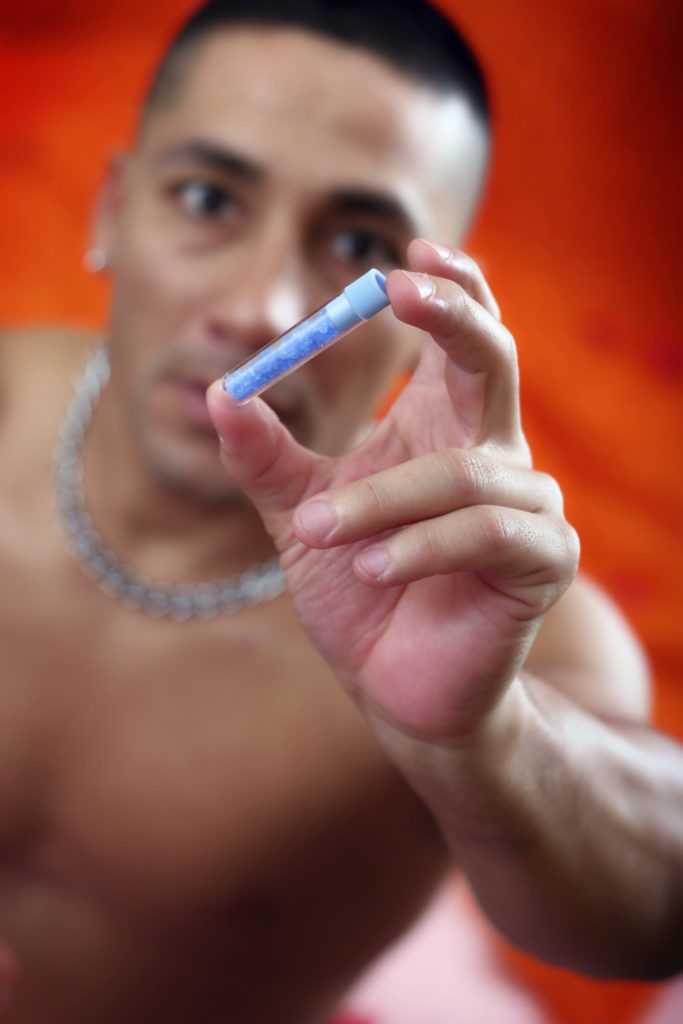The designer drug, Kush, a form of synthetic marijuana, has been halted. The Houston City Council has enacted a ban on this dangerous, mind-altering substance. Synthetic marijuana — also known as synthetic cannabis, K2, Spice or “fake weed” — mimics the effects of natural marijuana. It’s concocted with unsafe synthetic compounds that can produce adverse effects that are much more severe, including stroke and death. The city council hopes this new ordinance will choke off the supply of the drug by targeting the way it’s marketed, labeled, sold and used — at least in Houston. Despite a 2011 statewide ban of Kush and other synthetic drugs, police have found enforcement difficult because the 2011 law targeted the drug’s chemical makeup, which dealers easily tweaked into hundreds of different variations in order to avoid prosecution. The law makes it a Class A or B misdemeanor to manufacture, sell or possess K2 and other synthetic marijuana. Those found guilty of a Class A misdemeanor face up to $4,000 in fines and one year in jail, while a guilty verdict for a Class B misdemeanor results in fines of up to $2,000 and a jail term of as much as 180 days. Why Houston? According to the U.S. Drug Enforcement Agency, Houston is one of the key markets and source for fake pot. Meanwhile, local officials, residents and business owners in Houston have expressed alarm and concern over the proliferation of synthetic marijuana and its seriously negative effects on users. Using the drug can result in permanent brain damage as well as immediate and dramatic behavioral changes. It’s also a cheap high, with packets of so-called “herbal incense” or “potpourri” selling for as little as $1 in city convenience stores. The fake pot is also available readily through gas stations, smoke shops and the Internet. Houston mayor Annise Parker called Kush an “epidemic” and the “fastest-growing drug of choice across the U.S.” She went on to say that Kush is “many, many, many times more potent than natural marijuana.” In fact, it has no chemical relation to marijuana except that it targets some of the body’s same receptors. “It can cause stupor, aggression and agitation, and it’s creating a lot of concern throughout the community,” Parker said. Texas is one of 23 states trying to stop the popularity and availability of synthetic marijuana. For those abusing synthetic marijuana, quality treatment is just as important as it is for any other type of substance abuse.






